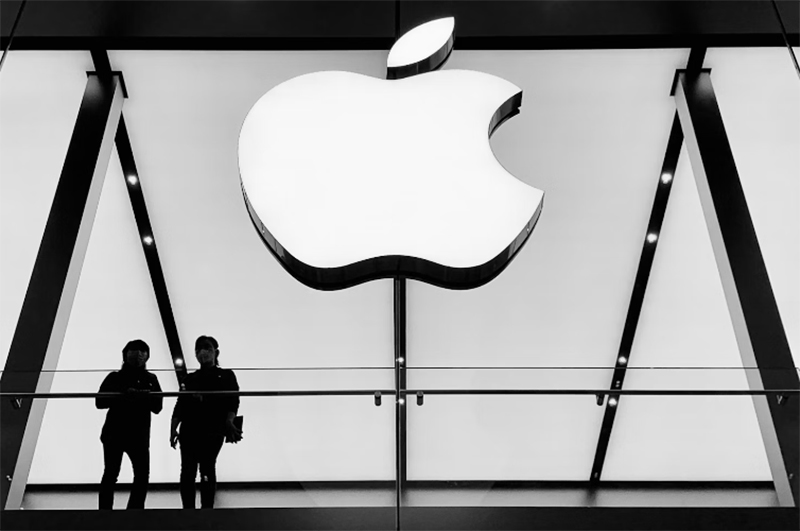 Apple
Apple
Apple aims to capture significant share of made-in-India semiconductors, in talks with Micron, Tata Group to source chips worth $12bn
Bengaluru/IBNS: American tech giant Apple has started talks with Micron, the Tata Group, and other semiconductor manufacturers setting up plants in India to secure $12 billion worth of chips for its iPhones produced in the country.
These discussions are noteworthy because, according to industry experts, Apple’s semiconductor needs are projected to reach this level by 2026.
By that time, Apple is expected to relocate 26 percent of its global iPhone production to India.
If Micron and Tata Group’s planned facilities meet Apple’s specifications, these companies could become major suppliers, representing a significant business opportunity.
Other sectors like defence, aviation, and automotive will also be major chip buyers, but none are expected to match Apple's spending on Indian-made semiconductors.
In fiscal year 2024, Apple manufactured iPhones worth $14 billion in India, the highest production value by any company in the country, accounting for roughly 14 percent of its global iPhone output.
Publicly available data shows Apple’s global semiconductor consumption surged from $18.8 billion in 2011 to over $67 billion in 2022, and it currently stands around $72 billion.
Apple’s extensive product range, including iPhones, iPads, Macs, Apple Watches, and AirPods, all require semiconductors.
The California-headquartered tech major began producing iPhones in India in 2021 through its three Taiwanese vendors under the smartphone production-linked incentive scheme.
Taiwanese Semiconductor Manufacturing Company (TSMC) is a major chip supplier for Apple, which relies on it for more than 26 percent of its global chip sales, making Apple the world’s third-largest chip consumer.
Until three years ago, Apple produced all of its iPhones and nearly all other consumer products in China, making it the largest global consumer of semiconductors.
The Government of India launched a domestic semiconductor production initiative in 2022 with a Rs 76,000-crore incentive scheme.
So far, five semiconductor projects worth Rs 1.5 lakh crore have been approved, including Micron’s Rs 22,516 crore ATMP (assembly, testing, marking, and packaging) project and Tata Group-Powerchip Semiconductor’s Rs 91,000-crore fabrication plant, among others.
The scheme provides fiscal support of 50 percent of the project cost, but with the approved projects depleting the fund, the government is considering increasing the scheme’s budget to further develop the semiconductor ecosystem and attract additional global players.
The demand for chips is projected to drive a $1-trillion global industry by 2030, with many countries actively pursuing semiconductor manufacturing facilities.
Support Our Journalism
We cannot do without you.. your contribution supports unbiased journalism
IBNS is not driven by any ism- not wokeism, not racism, not skewed secularism, not hyper right-wing or left liberal ideals, nor by any hardline religious beliefs or hyper nationalism. We want to serve you good old objective news, as they are. We do not judge or preach. We let people decide for themselves. We only try to present factual and well-sourced news.






